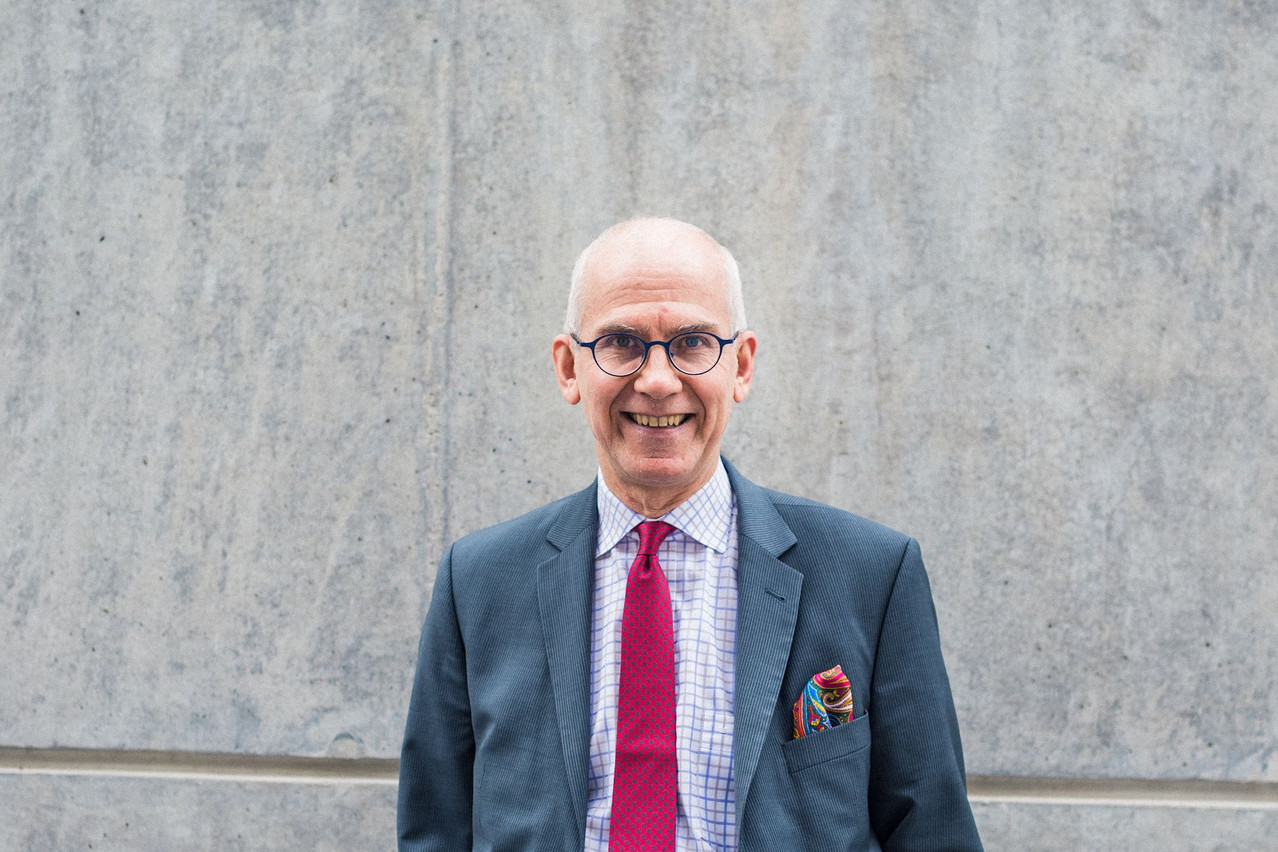, deputy director general at the Association of the Luxembourg Fund Industry, spoke with Delano last week about the , when the topic turned to the war in Ukraine.
The invasion and subsequent sanctions against Russia will loom large over the conference, he said. “I would expect that probably nearly every second session will actually in some form and shape discuss the impact of this crisis and the way you manage your assets. Where there are tensions in markets, volatility is quite high.”
“For funds that specialise or have huge investments in Russian stocks and Ukrainian stocks, this has direct implication. A number funds have suspended their NAV,” he said, referring to net asset valuation and several recently . “You have to communicate towards your investors. And we have to set a path for the future” for firms investing in Russian assets.
“But then the broader question of, what is the impact on your business model and on market stability for 2022,” he commented. “Volatility is going up and there will be inflationary pressures, as well. This is changing the agenda for the whole of 2022. At Alfi, we’re looking at it very seriously.”
The trade group has set up an email hotline for members to submit questions. Alfi has been consolidating the requests and put them to the Luxembourg Financial Sector Supervisory Commission (CSSF) and Luxembourg government officials. “We have regular calls in order to see how the situation is evolving.” Typical questions include, “what kind of liquidity management tools can you use? What should you be doing in terms of your investors?”
“This is definitely extremely high on the agenda. We do not have much visibility, to be honest, on what’s going to happen in 2022. I would bet that not many people actually have great visibility.”
Impact on energy sector & sustainable finance
The Ukraine crisis will likely shape the future of the European energy and sustainable finance markets, Bechet said, noting that this was his personal analysis. Energy’s impact on the economy would be determined by political decisions on “how far the European Commission goes and how far European member states go to find new sources” and be less dependent on Russian oil and gas supplies.
“The second question which we all face in the funds sector is, how far do you go into considering these market developments in the way you manage your assets? From a sustainability point of view, from an ethic ethical point of view?” Referring to the and the EU’s green investing , he commented: “If you want really to be sustainable, and to be logical in the way you think, then there should be consequences to what is happening today.”
“I think that the way we manage assets today is evolving extremely fast. I think that if you compare [it] to one year or five years ago, and what you will see in five years’ time, there has been a huge shift in the values of society and in the values of asset managers, as well,” Bechet said. “You cannot just say, ‘I have a sustainable fund and I don’t care about what’s happening here in terms of this crisis.’ You have to have a story to tell, because you will be reporting to investors. And I think that, in the end, what will drive the agenda is the way investors behave and invest. It could be retail investors, but also pension funds and large institutional investors. That is going to be the end game, [because] as an asset manager, you have your values and you have to explain what you’re doing.”
Stranded assets
He reckoned that “this is a shift in the way of thinking” and returns would not be the sole topline consideration for many investors. Values will count as a primary concern too.
There is similarly a shift “in the way you manage your assets, linked to the fact that at some point of time, your assets can be stranded.” Russian assets now “are worth not much, if not zero” and have been trading with “a huge discount on the value.” Investors looking at environmental considerations might start to pull back from certain companies even more, because they are thinking, “in 5, 10, 20 years’ time, these will be stranded assets and will have no value.”
He had prefaced his remarks by saying that “we at Alfi are extremely saddened” by the conflict and support Luxembourg’s welcoming of refugees.”
